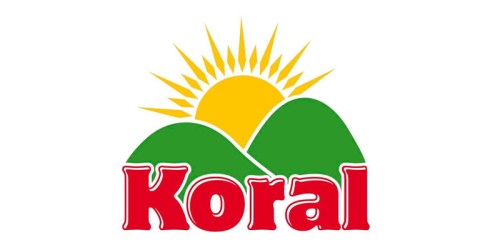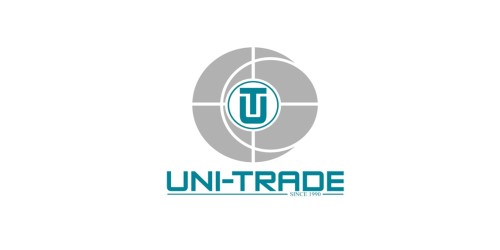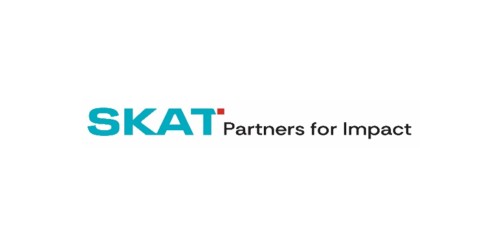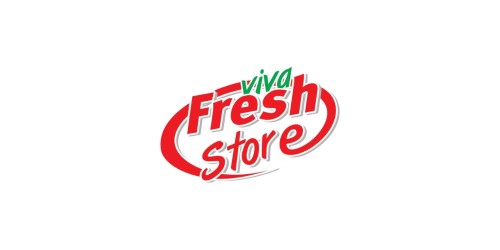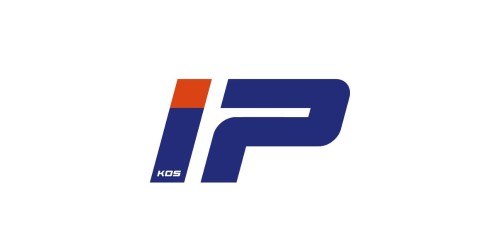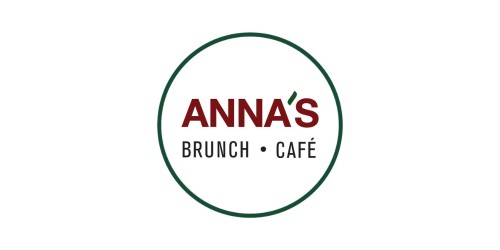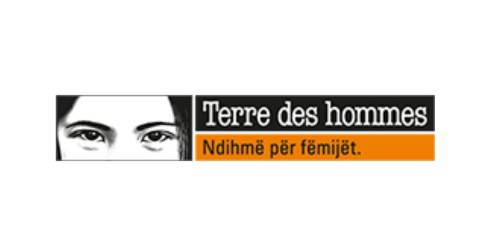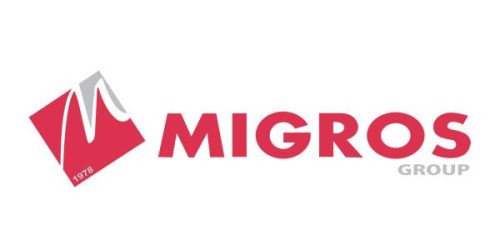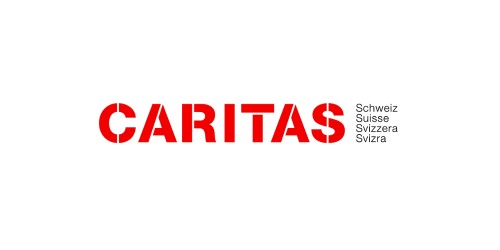
TERMS OF REFERENCE
Extension/Advisory Service Mechanism
in the frame of the programme Empowering Rural Economies in Agriculture (EREA), implemented by Caritas Switzerland in Kosovo, funded by the Austrian Development Cooperation (ADC)
- BACKGROUND
Empowering Rural Economies in Agriculture (EREA) programme in Kosovo is designed to address the evolving role of agriculture in the country's economy. Currently contributing 7% to the Gross Domestic Product (GDP), the sector employs a significant quarter of the workforce, particularly in rural areas where two-thirds of the population reside. Despite its importance, agricultural productivity levels lag behind regional and international benchmarks due to limited adoption of modern inputs and technologies, insufficient expertise in good agricultural practices, restricted market integration, and challenges in accessing finance.
Recognizing the potential for growth and income generation, the EREA program focuses on higher-value production and processing of Non-Wood Forest Products – Medical and Aromatic Plants (NWFPs-MAPs), Berries and Fruit and Vegetable Processing. Recent years have seen expansions in these sectors, with increasing sales. To ensure inclusive growth, the program specifically targets the participation and benefit of women and members of marginalized communities, while emphasizing sustainability and ecological regeneration.
Adhering to the Market System Development (MSD) approach, Caritas Switzerland (CACH) collaborates closely with three National Associations: Mjedra e Kosoves (MeK) for the berry and forest fruits sector, Association ORGANIKA for the NWFPs and MAPs sectors, and Association PePeKo for fruits and vegetable processing. Additional partners, such as the Non-Governmental Organization Initiative for Agricultural Development of Kosovo (IADK), the Research Institute of Organic Agriculture (FiBL), Eco Kos Women (EKW), and Agricultural Development Foundation of Kosovo (Agro Dev), including the Ministry of Agriculture, Forestry, and Rural Development (MAFRD), contribute to achieving the program's
objectives.
EREA seeks to make a meaningful contribution to Kosovo's rural economy's growth and value creation,
focusing on the cultivation, harvesting, processing, and sale of NWPFs-MAPs, fruits, berries, and vegetables and
will have a special focus on two important strategies that were developed with the previous project – the “Strategy for Advisory Services and Rural Development” (SASRD, 2023 - 2027) and the National Organic Action Plan (NOAP, 2023 - 2026). The recommendations and suggestions derived from these government-approved strategies need to be implemented, which is why the activities planned in the current programme are directly linked to them.
2. OBJECTIVE
The objective of the consultancy is to undertake a comprehensive assessment of the existing agricultural extension services in Kosovo (both public and private), engaging key stakeholders to identify challenges and areas for
improvement. This process will include collaboration with programme partners and international benchmarking to develop an innovative model for extension services. A critical aspect of thisconsultancy is ensuring alignment with the Ministry of Agriculture's (MAFRD) new strategy for advisory services (SASRD), with a particular focus on involvement and cooperation with the Department for Extension Services. This alignment is essential for the successful integration and execution of the activity within the broader framework of the project's objectives and the Ministry's strategic direction.
Additionally, the consultancy aims to develop a new model for extension services that enhances service delivery to producers and small and medium-scale a gri-entrepreneurs. This involves designing a framework that addresses the specific needs and challenges faced by stakeholders in the agriculture sector, including improving access to timely information, advisory support and technical assistance. The new model will prioritize efficiency, effectiveness and inclusivity and environmental aspects, ensuring that all actors within the value chains can benefit from enhanced extension services.
Moreover, the consultancy will develop a capacity-building plan for service providers involved in delivering
extension services. This plan will focus on enhancing their skills, knowledge, and capabilities to effectively implement the new extension model, thereby ensuring high-quality and impactful support to producers and a gri-entrepreneurs.
In addition, the consultancy will focus on topics related gender mainstreaming and climate-smart agriculture as a crucial issue for ensuring that extension services are reasonable and promote environmentally sustainable agriculture practices. By doing so, service providers will be better equipped to offer impactful support that considers the unique needs of female producers and prioritizes climate resilience across agricultural practices.
SCOPE OF WORK/ACTIVITIES/TASKS
The consultancy for the EREA project will focus on the following key areas, aligning with strategic government documents and program objectives:
- Literature Review:
- Identify key strategies(SASRD), rules, laws, and regulations governing the provision of extension services.
- Conduct an extensive review of existing literature, sector strategies, policy documents, and academic articles related to extension services in Kosovo's agriculture sector.
- Stakeholder Analysis and Engagement:
- Identify and convene meetings with all relevant stakeholders involved in extension services provision, including public and private service providers, state institutions (such as the Department of
Extension Services within MAFRD), municipal advisors, NGOs, and private extension service providers.
- Identify and convene meetings with all relevant stakeholders involved in extension services provision, including public and private service providers, state institutions (such as the Department of
- Conduct structured interviews and focus group discussions to understand stakeholders' perspectives, roles, responsibilities, and challenges in providing and receiving extension services.
- Map out the existing network of extension service providers, including individuals, companies, NGOs, and state
institutions, and analyze their roles, relationships, and regulatory frameworks. - Field Assessment:
- Conduct field visits to various regions in Kosovo to observe firsthand the implementation of private and public extension services, understanding the needs of the target group, assessing existing extension services provided, identifying gaps, and evaluating the effectiveness of current approaches/models.
- Interview extension service providers and beneficiaries to assess the quality, effectiveness, and accessibility of services.
- Evaluate the mechanisms for funding extension services, including government funding, donor support, and contributions from beneficiaries.
- Evaluate the existing extension or advisory services system/models (both private and public) to determine strengths, weakness, opportunities and risks/threats of the system.
- Data Analysis:
- Compile and analyzeinformation/data collected from the literature review, stakeholder engagement, and field assessments.
- Identify gaps, challenges and opportunities in the currentstate of extension services provision in Kosovo's agriculture sector.
- Utilize qualitative and quantitative analysistechniques to synthesize findings and draw meaningful conclusions.
- Model Development:
- Based on the findings from the literature review and field assessments, develop a comprehensive model for improving extension services in Kosovo.
- Define the roles and responsibilities of various stakeholders within the proposed model.
- Address regulatory gaps and propose recommendations for policy reform to support
the effective implementation of the model. - Identify possible risks and develop mitigation strategies to guarantee the smooth operation/implementation
of extension/advisory services system/model. - Facilitate the adoption of technologies and practices that support women's agricultural activities and promote resilience to climate change.
- Capacity development plan for extension service providers:
- Identify specific areas where enhancements are needed to effectively implement the new extension model.
- Design tailored training programs based on the identified needs and objectives of the capacity-building plan.
- Identify strategies for enhancing coordination, collaboration, and resourcemobilization among stakeholders.
- Encourage the involvement of female extension workers and the integration of climate adaptation and mitigation techniques in their service offerings.
- Validation and Feedback:
- Present the proposed model to key stakeholders for validation and feedback to ensure accuracy and relevance.
- Incorporate stakeholders' input and suggestions into the final model.
- Ensure buy-in and commitment from all relevant actors for the successful implementation of the proposed interventions.
3. DELIVERABLES
Through this engagement, the consultant/contractor is expected to achieve the deliverables as stated below:
- Initial Workplan and Inception Report:
- Presentation of the initial workplan outlining the timeline and key milestones for the consultancy project.
- An inception report detailing the approach, methodology, and objectives of the consultancy.
- Summary of Data Analysis:
- Concise summary of the findings from the literature review, stakeholder engagement, and field assessments.
- Highlighting key insights, gaps, challenges, and opportunities identified during the research process.
- Presentation of preliminary recommendations based on the data analysis.
- Extension Service Model Presentation:
- Detailed presentation of the proposed extension service model developed based on the research findings and analysis.
- Explanation of the mechanisms, strategies, roles, and responsibilities outlined in the model.
- Visualization of how the model addresses the identified gaps and opportunities in extension services provision.
- Develop plans and strategies to ensure the long-term sustainability of extension/advisory services beyond the duration of the project, clearly define the path of the extension model and define performance improvement indicators.
- Develop an action plan detailing ideas for enhancing or changing the extended service model, addressing identified gaps and capitalizing on possibilities.
- Capacity-Building Plan for Service Providers Presentation:
- Detailed presentation of the proposed capacity building plan developed based on the research findings and analysis, but also on the existing national extension strategy.
- Explanation of the mechanisms, strategies, roles and responsibilities outlined in the plan.
- Visualization of how the plan addresses the identified gaps and opportunities in extension services provision.
- Final Report:
- Presentation of the finalized report incorporating addressed comments and revisions from the draft version.
- Executive summary highlighting key findings, recommendations, and the proposedextension service model.
- Appendices containing supporting data, interview transcripts, and additional documentation.
- Discussion of next steps for dissemination and implementation of the report's recommendations.
4. TIMELINE
The activity will commence once the contract has been signed by both parties and will end by 31.06.2024 For this consultancy, the financial offer amount shall not exceed 20.000 Euro (including all taxes) unless negotiated in advance with the EREA Project Manager and approved by the Caritas Switzerland Country Director.
5. KEY QUALIFICATIONS.
- Master’s degree in Agriculture, Agroeconomics, Public Administration, or other fields relevant to the assignment. Knowledge on climate-smart agriculture or organic agriculture is a plus.
- At least 5 years of experience in advisory/extension service in the agriculture sector.
- Good knowledge in developing strategic action plans for Advisory Services, agriculture projects, rural development and other strategic development documents.
- Having completed at least three similar assignments, specifically in the field of extension services is agriculture;
- Experience in implementation of projects and programs in the field of implementation of standards and EU’s “acquis” in agriculture and rural development
- Recognition of the advisory/extension service sector framework of the country and the EU.
- Technical expertise in the field of agriculture sector development, private sector and business development;
- Experience working in Kosovo is an advantage
- Fluency in English, while knowledge of an official language of Kosovo is an asset.
6. PROPOSAL SUBMISSION PROCESS
Interested consultants/companies are requested to submit an electronic copy of their proposal by 21st March 2024 withthe subject line: REF: EREA Extension services” to [email protected] [email protected] and [email protected] in the CC line.
Applicants must submit:
- CVs of all individuals included in the consultancy team. Please note to have all CVs formatted uniformly.
- Proposal narrative which includes the consultants’/companies’ suitability for the assignment, previous work experience, qualifications, and sector expertise. Please include any past relevant work that might demonstrate
knowledge of the sector or proposed methodologies (maximum 2). - Draft work plan which includes dates, milestones, team members assigned, and any other details to demonstrate an adequate level of resourcing within the proposed timeframe.
- Comprehensive methodology to be used for the assignment.
- Financial budget broken down by deliverables and individual daily fees. Please note transport costs need to be included in the budget offer.
The proposal will be evaluated by using the Best Value for Money Approach (combined scoring method).The technical proposal will be evaluated with 80% weight, whereas the financial section will be evaluated at the remaining 20%. Offers that do not include all submission requirements will not be evaluated and considered ineligible.
Bidding Cost: Caritas Switzerland in Kosovo will not cover bidding costs and reserves the right to accept or refuse
bidders, or to annul or postpone the whole bidding process before signing of any agreements.

